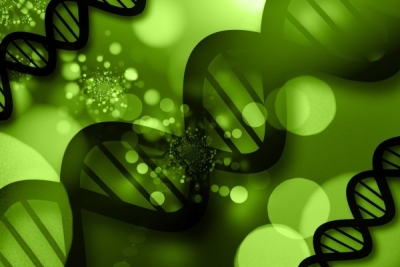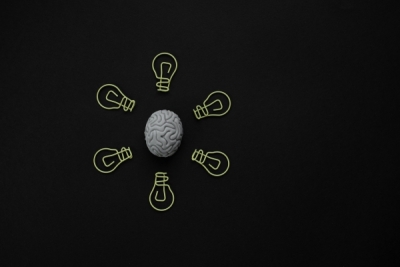Alcohol dependence is a chronic disease that can have many causes and affects people of different ages, genders and social classes. It is necessary to pay attention to the signs that indicate a problem related to alcohol consumption.
The World Health Organization (WHO) defines alcohol dependence as a set of behavioral, cognitive and physiological phenomena that develop after repeated use of alcohol (1). This disorder is also recognized by another important manual, developed by the American Psychiatric Society, and called DSM-5 (5th edition of the Diagnostic Statistical Manual of Mental Disorders) (2).
However, considering that not everyone knows what is written in these diagnostic manuals, the perception of alcohol consumption by the general population is plural. As demonstrated in the CISA report “Alcohol and the Health of Brazilians: Panorama 2023”, abusive consumers, especially men, do not recognize themselves as people who drink in a harmful way. Recognizing the need to seek professional help due to abusive alcohol consumption is not simple, being a barrier both for the individual with alcohol use disorder and for his/her family and friends.
The signs and symptoms of the disorder can vary from person to person, with some symptoms being more difficult to identify. As it is a disorder that can be influenced by many factors, the signs and symptoms for its identification include not only behavioral patterns such as the amount and frequency of consumption, but also genetic factors, the individual's health condition, as well as social, environmental and psychosocial factors.
Some signs to look out for include:
-Being unable to limit the amount of alcohol you drink, even with signs of drunkenness;
- Attempt to hide traces of alcohol use;
- Experiencing unpleasant withdrawal symptoms such as sweating and shaking when abstaining from alcohol;
- Having social, personal os work problems due to alcohol consumption;
- Developing a tolerance to alcohol, increasing the amount consumed to achieve the same level of effect;
- Shifting alcohol consumption from a social context to isolation;
- Loss of interest in hobbies and social events to use alcohol;
- Carelessness with personal hygiene and sleep disorders, including insomnia;
- Alerts from family and friends about alcohol consumption;
- Weight loss due to decreased appetite;
If you or someone close to you shows these signs, it is crucial to seek help. It's important to understand that alcohol use disorder is treatable, and seeking professional assistance can be the first step toward recovery.











